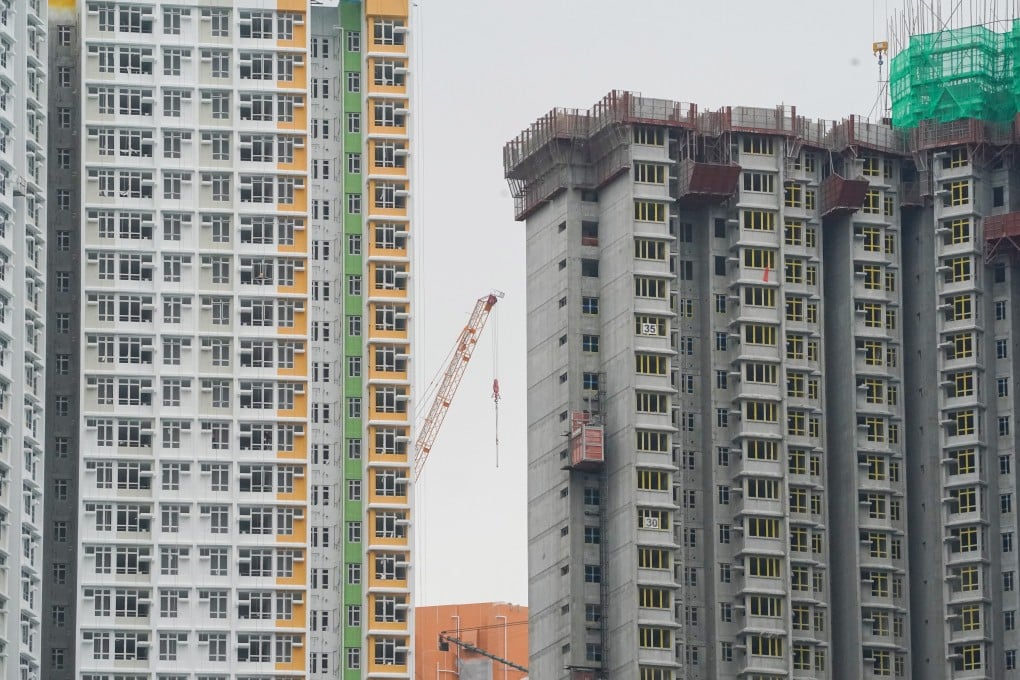My Take | Hong Kong’s Housing Authority needs help, not blame
- To speed up the provision of public housing, the government needs to streamline the whole planning and allocation process such as setting up a task force to coordinate all relevant departments

Our chief executive must be getting too comfortable making public pronouncements without being pounced on by opposition members these days.
Of course, it’s all public money from taxpayers, whether it’s taken from the government or the authority’s accounts. But Lam claimed it would make the body more accountable and build public rental and subsidised flats more quickly.
The government currently pays those on the long-term waiting list HK$2,250 per month with households of two people, and up to HK$3,900 with those of six or more.
Sure enough, the authority quickly fired back, saying the long queue for public housing was not its fault, well, not entirely anyway. Lam then had to back-pedal on her statement, and blamed the media for “exaggeration … that the chief executive intended to ‘punish’ or ‘shift blame’ onto the Housing Authority”.
The average wait for a public rental flat is now 5.8 years, the longest in more than 20 years. That’s almost double the three years aimed at by the authority. However, many applicants have waited far longer.
